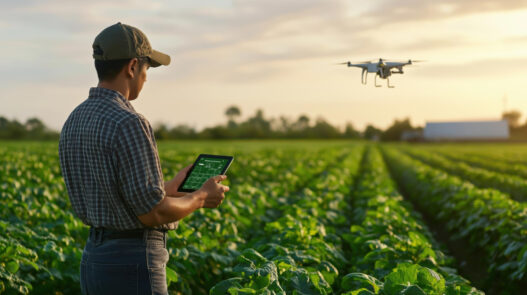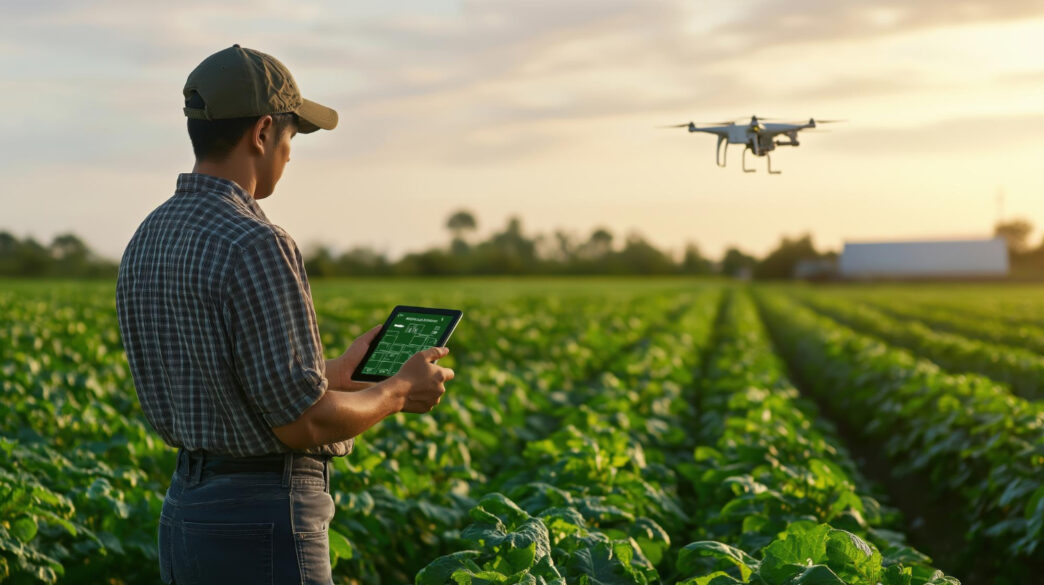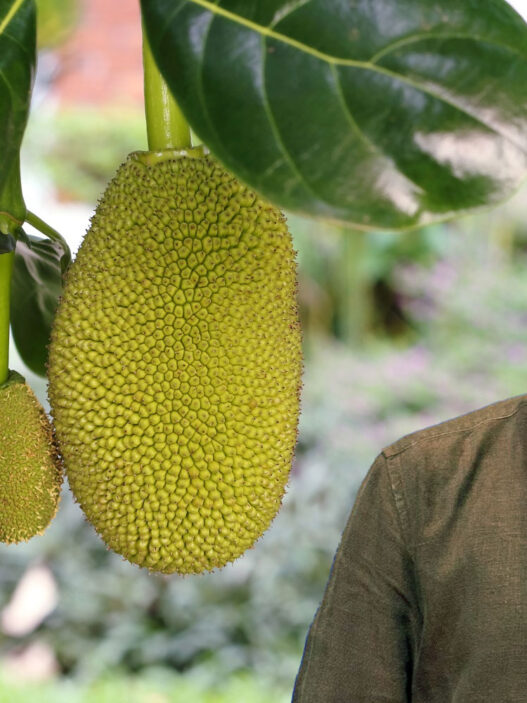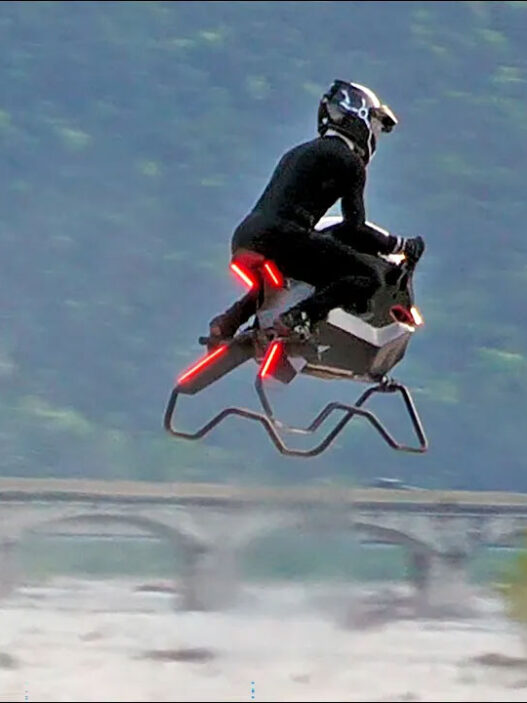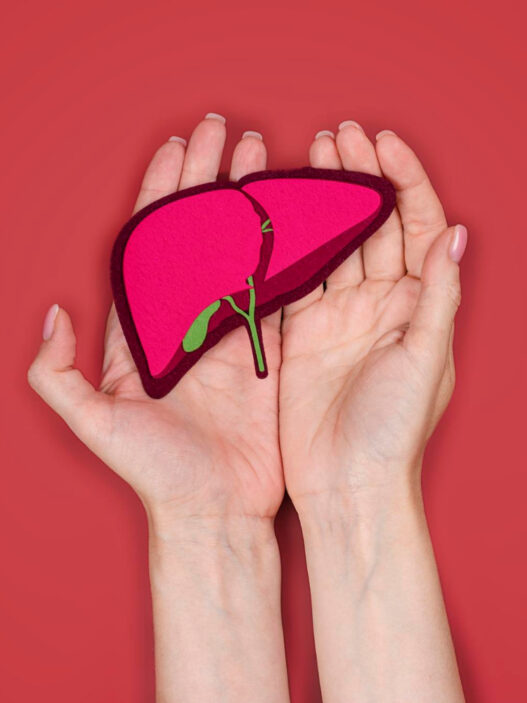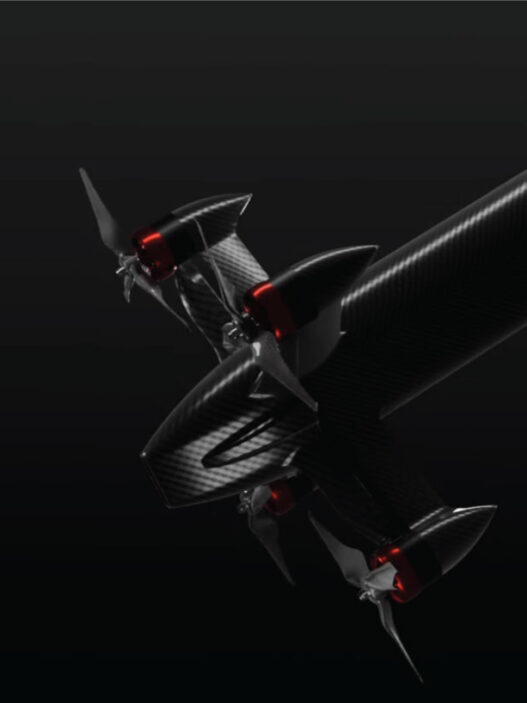In the bustling halls of Convergence India 2025, amid the usual buzz of policy panels and startup chatter, something remarkable happened. A small agritech startup from Kerala, Fuselage Innovations, rose above the noise—both literally and figuratively—by winning first place at the Startup Pitch Hub, beating 23 top-tier contenders from across the country. But this wasn’t just a win. It was a signal. A sign that Indian agritech isn’t just evolving—it’s taking off.
The Ascent of Fuselage
Fuselage didn’t walk into the arena with flash and funding. What they had was something better: a clear problem, a sharp solution, and a deeply practical understanding of how Indian farming actually works.
Imagine this: a small plot of land in Wayanad or Nashik, usually at the mercy of unpredictable rain and pest cycles, is now monitored from above by a quiet fleet of drones. These aren’t just eyes in the sky. They’re powered by AI, scanning for nutrient deficiencies, water stress, and early signs of crop disease. And when they find something? They act. Precise fertilizer dosing, laser-targeted pesticide application, and real-time insights—delivered to a farmer’s phone.
That’s the Fuselage playbook. And it’s why international stages in Dubai and Berlin have now come calling. The victory at Convergence India came with global invites—fully funded exhibitions and pitch slots at Expand North Star, GITEX Europe, and the Supernova Challenge. It’s a massive opportunity—and they’re taking it.
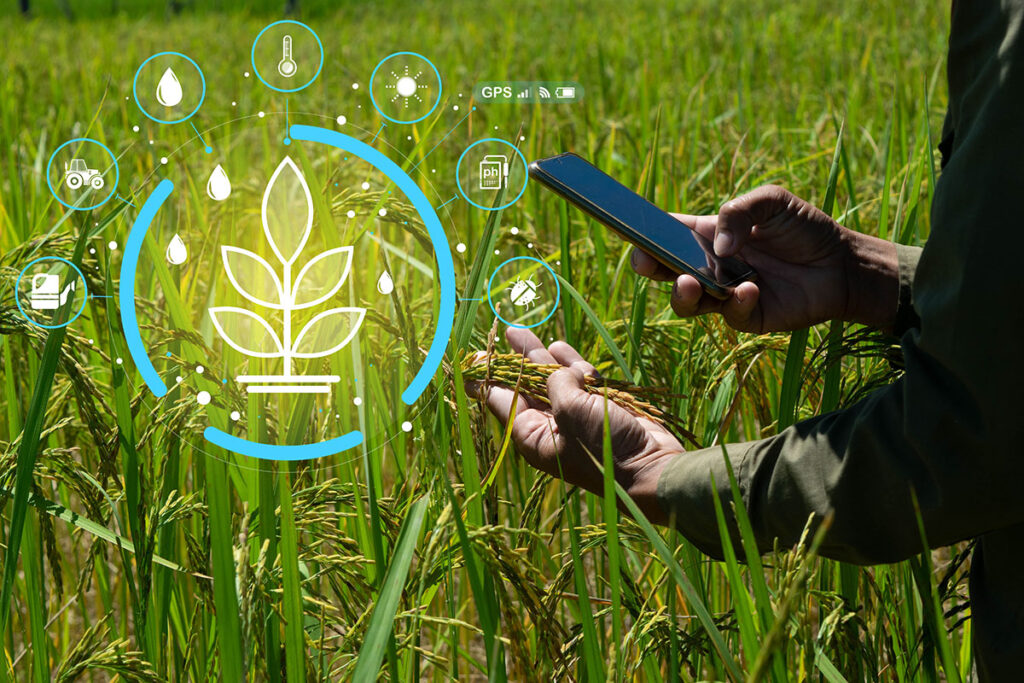
What Sets Fuselage Apart?
Let’s break it down:
- Drone-Powered Precision: Their autonomous aerial vehicles don’t just hover—they diagnose and solve. It’s not about showing farmers pictures of their land. It’s about saving crops before problems escalate.
- AI-First Agriculture: Their cloud-based platform crunches satellite imagery, drone footage, and ground data to provide simple, actionable advice. No jargon. No dashboards farmers can’t use. Just “Do this, today.”
- Scalable by Design: Their tech works on a small plot and scales to commercial farms. That’s why they’re now fielding interest from agri-ministers and investors in Africa, UAE, and Southeast Asia.
But Fuselage Isn’t Alone
India’s agritech scene is in full bloom, and Fuselage is part of a broader vanguard. Here’s a snapshot of the heavyweights rewriting how India grows, moves, and monetizes its crops:
| Startup | Core Focus | Where They Stand |
|---|---|---|
| Ninjacart | Farm-to-retail supply chain | Active in 20+ cities, rapid farmer payouts |
| DeHaat | AI farm advisory + agri-inputs + market link | Serving 700K+ farmers across eastern India |
| CropIn | Satellite-driven smart farm software | Used for risk monitoring by agribusinesses and banks |
| AgroStar | E-commerce for agri-inputs | App adoption soaring, especially in Gujarat & Maharashtra |
| Stellapps | IoT for dairy supply chains | Present in 10,000+ villages |
| Kheyti | Modular greenhouses for smallholders | Operational on 1,000+ climate-stressed farms |
The Agritech Moment
Since 2015, India’s agritech sector has raised over $3.5 billion, fueled by deepening trust in data-led farming. Startups have moved from building prototypes to running national-scale operations.
But it’s not all smooth. Challenges remain: poor rural connectivity, limited farmer tech-literacy, and a still-developing regulatory framework around drones. The good news? Startups like Fuselage are designing solutions with these constraints in mind, not around them.
What’s Next for Fuselage?
Global expansion isn’t a buzzword anymore—it’s on the calendar. Fuselage is preparing for key exhibitions in Dubai and Berlin, where the focus isn’t just on raising funds but building partnerships—with distributors, government programs, and global agri-tech networks.
At home, they’re engaging with Kerala Startup Mission, the Ministry of Civil Aviation, and state agri departments to roll out pilot programs. Expect them to double down on Indian states like Telangana, Madhya Pradesh, and Odisha—regions where fragmented landholding and erratic weather make their tech especially valuable.
A Signal for the Ecosystem
Fuselage’s journey—from a small team in Kochi to one of the most promising faces of Indian agritech—isn’t just a success story. It’s a roadmap. For early-stage founders, it shows that innovation doesn’t need flash—it needs focus. For investors, it signals that the next big thing might not be an urban app—it might be a flying robot over a sugarcane field.
As India aims to feed not just its own 1.4 billion but also play a key role in global food security, startups like Fuselage are proving that agriculture and technology aren’t opposites—they’re allies. And the farms of tomorrow might just be run not from tractors, but from code, cloud, and a hum in the sky.








